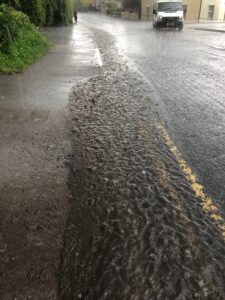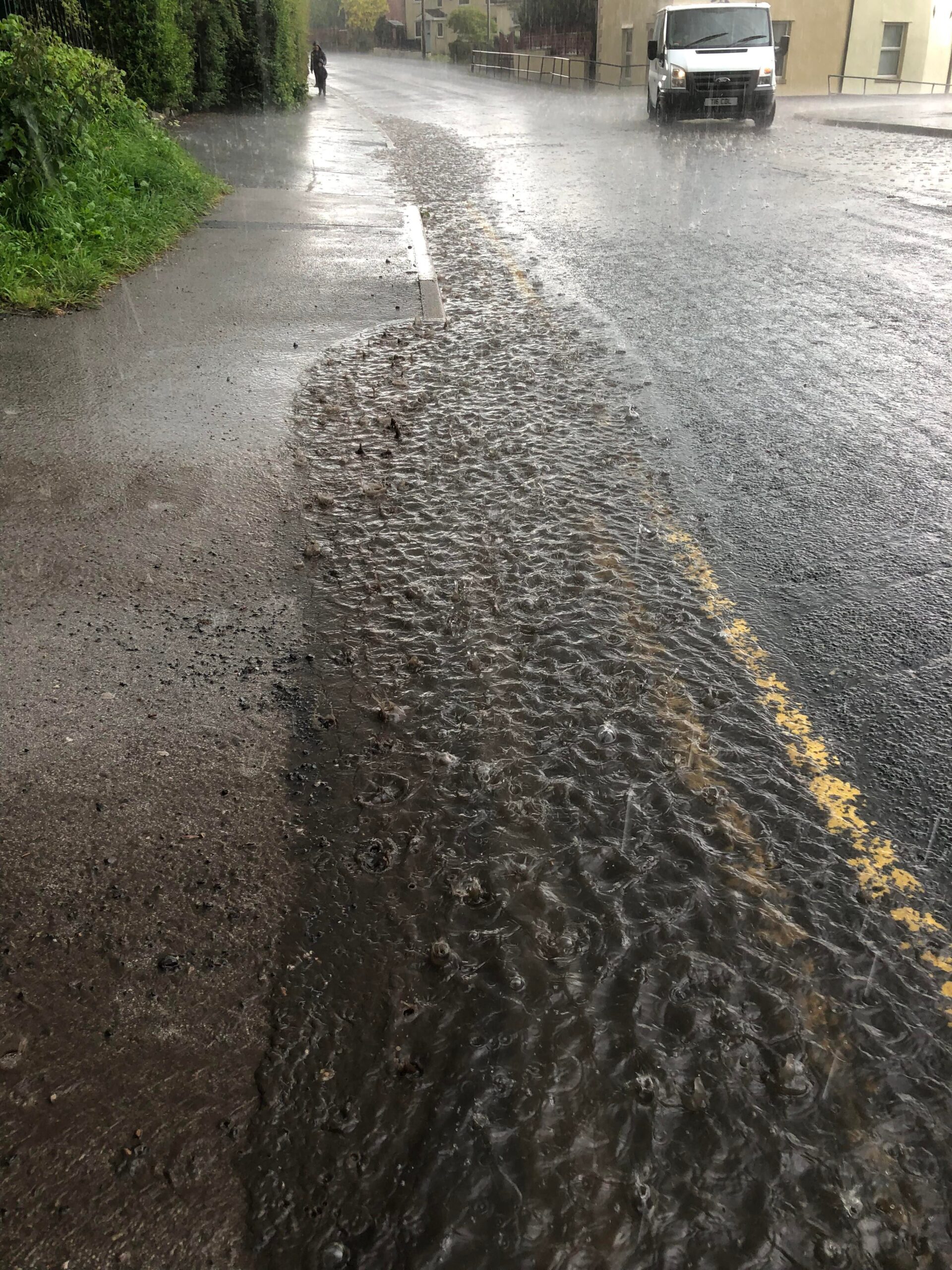Stormwater Shepherds UK has been sampling pollution from road runoff for over a year now. The results of analysis of those samples are shocking and they will be published next week in a paper that we have prepared, together with CIWEM. They reveal that pollution from highway runoff is at illegal and toxic levels.
So how has it come to this? Did we not know that there was a risk of pollution from highway runoff? Actually, we have known about the risk of pollution with toxic metals and toxic organic compounds for well over 20 years. Research was carried out back in the 1980s that showed us how toxic some of these chemicals were. Since then, hundreds of hours of research have been carried out to show the toxic effects of these chemicals on various organisms; to measure how long the pollution persists; to see how the chemicals interact, and to see what the long-term effects are.
But here we are, decades later with no treatment of road runoff in place for thousands of outfalls, no identified revenue for the maintenance of treatment schemes, and no appetite to change things. And this is not an historic problem. More recently we have uncovered the toxic effects of micro-plastic tyre wear particles and we are starting to understand the harm that they cause in our oceans. Many millions of pounds and dollars are being spent on research, and yet we still do nothing to treat road runoff.
It is hard to see the value of all this research if it doesn’t drive change. If we knew that road runoff was toxic back in the 1980s, why did we carry on building motorways with no treatment devices to deal with the runoff? If we know that microplastics are harming ocean life, why are we not retro-fitting treatment devices to all highway outfalls at pace? Why is it that we learn about these problems and then do nothing to fix them?
We seem to become paralysed by data sometimes; we know too much. But we have to cut through that and deliver the solutions to the problem.
Next week, we launch the results of our sampling of highway runoff and then we must take steps to use that information to change Policy and behaviour. We cannot stand by and listen to others saying ‘let’s do more research’. The research can continue, but only if it is done in parallel with the delivery of solutions. Even if the solutions aren’t perfect, and we see in the future that we can make them better, that is no excuse not to deliver them now.
There must come a time when we put the research on hold, and invest all our time and energy into the delivery of solutions. Every day that goes by without this change simply adds to the toxic, bio accumulative load of pollution that runs into our rivers and oceans, harming wildlife and decimating populations of essential organisms.







